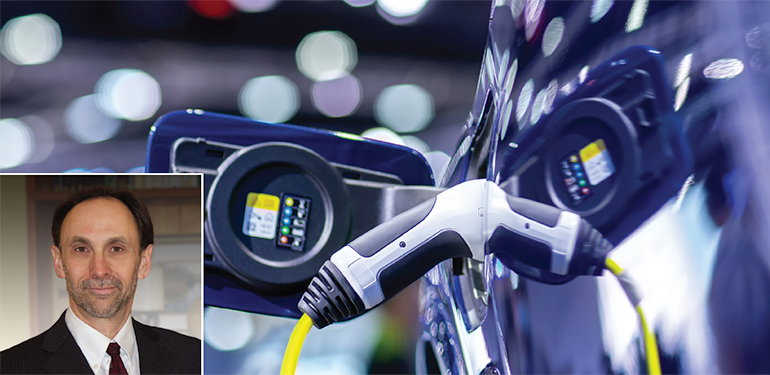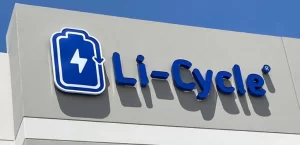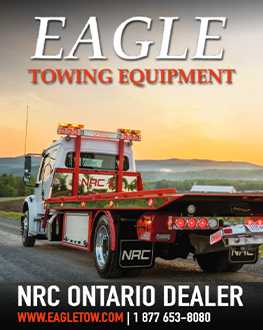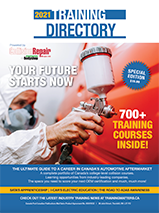ARC notes EV gaps for recyclers, key strategies in new report
By Steve Fletcher, managing director, Automotive Recyclers of Canada
The official Roadmap and Implementation Plan for the Management of End-of-Life (EOL) Electric Vehicles (EVs) in Canada has been prepared by the Automotive Recyclers of Canada (ARC) with the financial support of Natural Resources Canada’s Canadian Minerals and Metals Plan. The project began on May 1, 2022 and was completed on July 31, 2022. ARC is now communicating the results of this work and the next steps to its membership, other auto sector influencers, potential funders and beyond. The roadmap report is a summary report that presents the business case for a national training and capacity-building program (including estimated three-year budgets and timelines) for Canadian auto recyclers/dismantlers to support their ability to manage and properly and safely dismantle the anticipated rapid growth of EOL EVs. The roadmap also contains five specific EV research, development and demonstration (RD&D) project opportunities that were identified through the project research and key informant interviews. Sections 5 through 8 provide background, context and other information that are used to inform the roadmap itself, which is described in detail in Sections 9 to 13.
The appendix contains ten brief research papers that address specific questions regarding the growth in EVs in Canada and the impact of this growth on the current and future EV recycling and dismantling sector across the country. These research papers (including a detailed survey with 122 ARC member companies—and several follow-up and key informant interviews) were key inputs to the development of the roadmap.
The core recommendation from the roadmap is that, over the next three years a comprehensive, bilingual, in-person and online End-of-Life Electric national Vehicle Dismantler’s training program be designed and delivered to at least 400 dismantlers across Canada. The research for this report clearly shows that:
• The flow of EOL EVs to dismantlers is currently low, but is expected to grow in the coming years;
• ARC member companies are for the most part eager to take on this challenge, but are not yet ready or trained to properly do so;
• There is time to prepare for the coming EV transition but those preparations need to begin immediately;
• The safety and well-being of dismantlers (and others) may be at risk if the EV transition is not managed properly; and,
• The uncertainty regarding the economics of EOL EV recycling and dismantling is a concern.
The comprehensive training program includes five specific short ter complementary actions:
• Design, develop and deliver program materials and training to help ensure the safe, environmentally and cost-effective dismantling of all EOL EVs in Canada;
• Provide program materials and training both on-line and in-person formats, made available in both official languages and delivered across Canada;
• Given that the EV battery platform and design varies significantly from one EV brand to another, in-person training is considered essential to provide hands-on practice and experience to training program participants; on-line training will also be a key element of the overall long-term capacity-building program;
• Solicit the support of Employment and Social Development Canada (ESDC)—and other government departments and auto aftermarket sector leaders–in the design and delivery of EV training programs that offer direct subsidies to ARC/other businesses and individual dismantlers to ensure safe and environmentally sound practices; and
• Form a multi-party oversight organization (led by ARC) to guide the national expansion and on-going management of EV dismantler training, while also supporting the development and delivery of other related EV training materials at the national level as needed (e.g., for first responders; EV auto-mechanics, EV sales staff; EV trainers, supervisors, etc.). ARC’s recently created ZEV Alliance could serve this function.
While there are knowledge gaps related to the range of metal and materials in EVs from different OEMs, EVs will have more copper and aluminum than internal combustion engine vehicles.
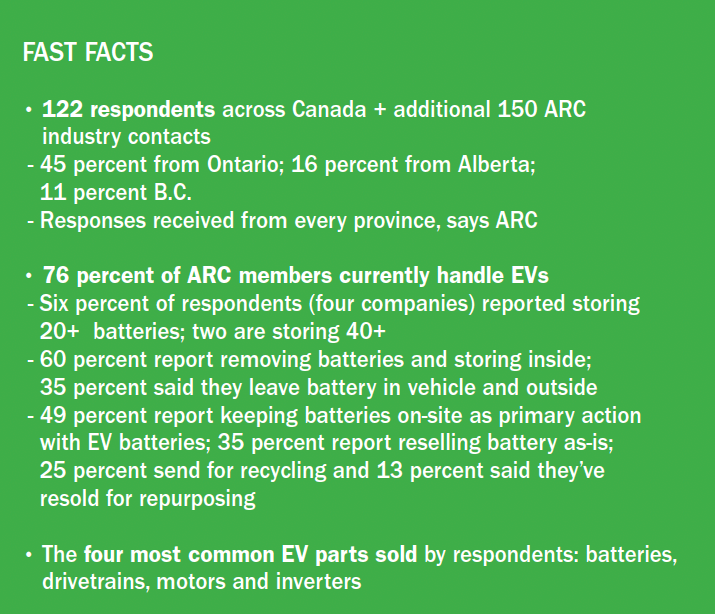
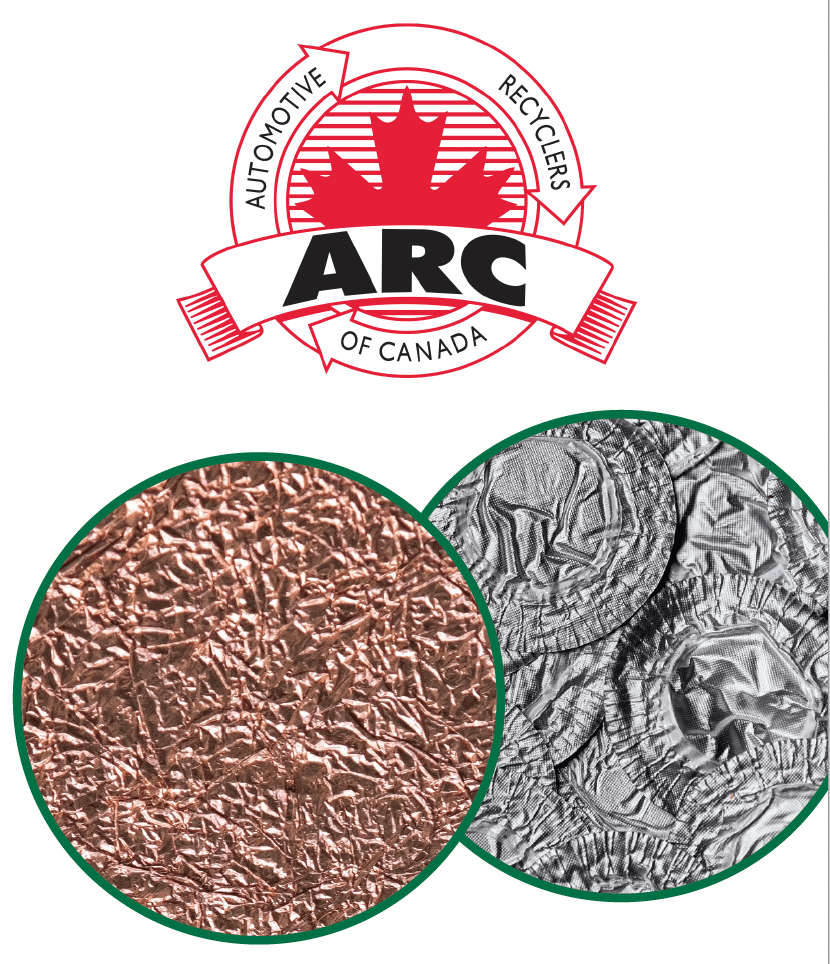
The full report also identifies longer term EV training needs and opportunities and–as noted–five specific EV research, development, and demonstration (RD&D) project opportunities that were identified through the project research and key informant interviews. A three-year timeline and detailed budget estimates are contained in the final report. The projected three-year cost for the training development/delivery and capacity building for the national dismantler training program is $3.9 million.
Several potential funding and organizational support partners are also identified in the report including Employment and Social Development Canada; Environment and Climate Change Canada; Natural Resources Canada; BC’s EVFriendly Program (the developer of Canada’s first comprehensive EV training program) and various auto sector and after-market key players. ARC plans to begin outreach to each of these organizations in the coming months with the hope of an early 2023 national, three-year EV training program launch.
The development of an EV ecosystem in Canada is a once-in-a-lifetime opportunity to de-carbonize our vehicle transportation system and support long term Canadian prosperity. Dismantler training is a central element of the rapidly developing EV ecosystem. ARC member companies are very concerned about the safety and well-being of their dismantler staff and other auto aftermarket agents.
There are significant personal and business risks if the EV transition across Canada is not managed in a timely and proper manner.


